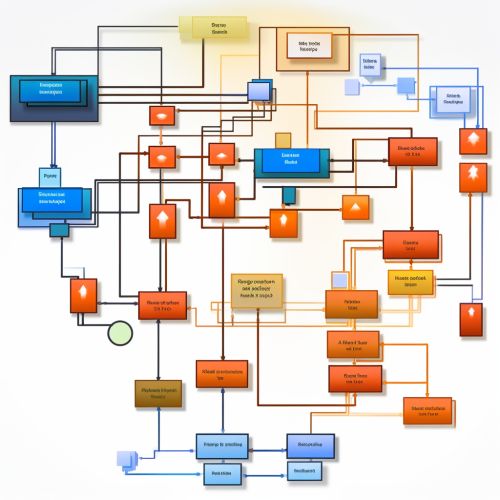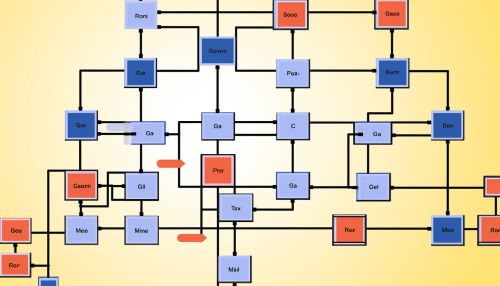Computer Science
Introduction
Computer science is a multifaceted discipline that encompasses a broad range of topics. At its core, computer science involves the study of computation, including its principles, its hardware and software designs, its applications, and its impact on society. The term "computer science" is often misused to refer to what are in fact applications of computer science, such as computer programming, website design, or digital art. However, computer science is more than just the tools we use to interact with digital information.


History
The history of computer science is a story of innovations and discoveries that have fundamentally changed our society. The concept of computation and algorithms dates back to antiquity, with notable innovations from ancient Egyptians, Greeks, and Arabs. However, the modern discipline of computer science emerged from the 19th century with the invention of the first mechanical computer by Charles Babbage.


Theoretical Computer Science
Theoretical computer science involves the mathematical abstraction of software systems, emphasizing how logic and computation can be used to solve problems. This field includes areas such as algorithms, data structures, computability theory, and complexity theory.
Algorithms and Data Structures
Algorithms and data structures are fundamental concepts in computer science. An algorithm is a step-by-step procedure for calculations, while a data structure is a particular way of organizing data in a computer so that it can be used efficiently.


Software Engineering
Software engineering is the application of engineering principles to software development. In contrast to simple programming, software engineering is used for larger and more complex software systems practiced by large teams of engineers who need to integrate their efforts.
Artificial Intelligence
Artificial Intelligence (AI) is a branch of computer science that aims to create systems that perform tasks that normally require human intelligence. This includes tasks such as visual perception, speech recognition, decision-making, and translation between languages.


Computer Systems and Networks
Computer systems and networks are an integral part of computer science. They involve the design and maintenance of both hardware and software necessary for a computer system to function. The internet is an example of a massive network of computers.
Computer Graphics and Visualization
Computer graphics and visualization is a subfield of computer science which studies methods for digitally synthesizing and manipulating visual content. This field is often used in the production of movies, video games, and virtual reality.


Human-Computer Interaction
Human-computer interaction (HCI) is a discipline within computer science concerned with the design and use of computer technology, focused on the interfaces between people and computers.
Conclusion
Computer science is a rapidly evolving field, constantly on the cutting edge of technology and innovation. It is a discipline that has and will continue to have a profound impact on our world.
